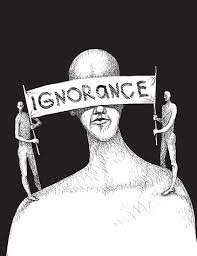Michael DePeau-Wilson
MedPage Today
Originally published 28 April 23
The artificial intelligence (AI) chatbot ChatGPT outperformed physicians when answering patient questions, based on quality of response and empathy, according to a cross-sectional study.
Of 195 exchanges, evaluators preferred ChatGPT responses to physician responses in 78.6% (95% CI 75.0-81.8) of the 585 evaluations, reported John Ayers, PhD, MA, of the Qualcomm Institute at the University of California San Diego in La Jolla, and co-authors.
The AI chatbot responses were given a significantly higher quality rating than physician responses (t=13.3, P<0.001), with the proportion of responses rated as good or very good quality (≥4) higher for ChatGPT (78.5%) than physicians (22.1%), amounting to a 3.6 times higher prevalence of good or very good quality responses for the chatbot, they noted in JAMA Internal Medicine in a new tab or window.
Furthermore, ChatGPT's responses were rated as being significantly more empathetic than physician responses (t=18.9, P<0.001), with the proportion of responses rated as empathetic or very empathetic (≥4) higher for ChatGPT (45.1%) than for physicians (4.6%), amounting to a 9.8 times higher prevalence of empathetic or very empathetic responses for the chatbot.
"ChatGPT provides a better answer," Ayers told MedPage Today. "I think of our study as a phase zero study, and it clearly shows that ChatGPT wins in a landslide compared to physicians, and I wouldn't say we expected that at all."
He said they were trying to figure out how ChatGPT, developed by OpenAI, could potentially help resolve the burden of answering patient messages for physicians, which he noted is a well-documented contributor to burnout.
Ayers said that he approached this study with his focus on another population as well, pointing out that the burnout crisis might be affecting roughly 1.1 million providers across the U.S., but it is also affecting about 329 million patients who are engaging with overburdened healthcare professionals.
(cut)
"Physicians will need to learn how to integrate these tools into clinical practice, defining clear boundaries between full, supervised, and proscribed autonomy," he added. "And yet, I am cautiously optimistic about a future of improved healthcare system efficiency, better patient outcomes, and reduced burnout."
After seeing the results of this study, Ayers thinks that the research community should be working on randomized controlled trials to study the effects of AI messaging, so that the future development of AI models will be able to account for patient outcomes.

















/media/img/mt/2020/08/Atlantic_covid_immunity_v2/original.png)

